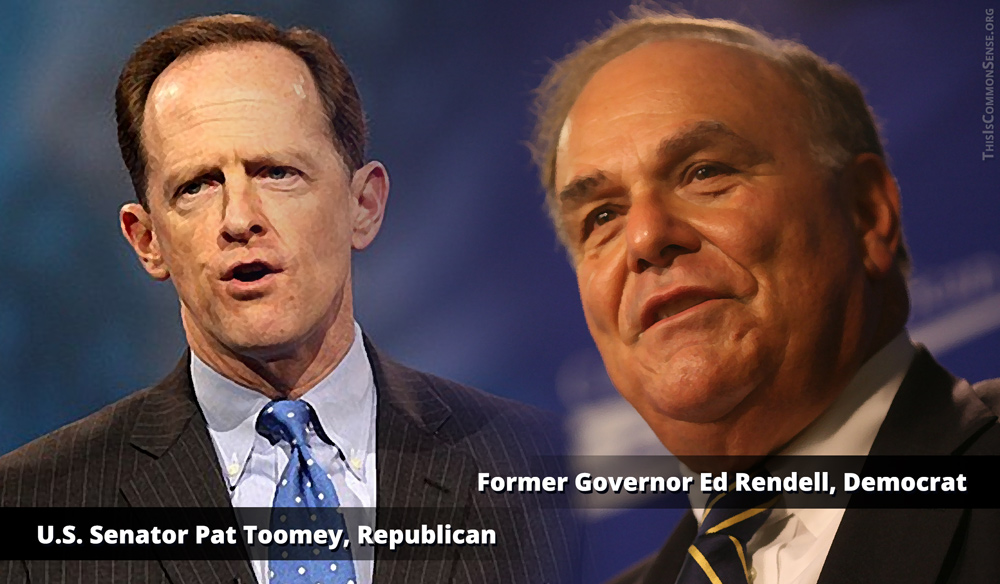Most Americans appreciate the truth of Lord Acton’s venerable dictum: “Power tends to corrupt and absolutely un-term-limited power corrupts absolutely.”
I’ve slightly reworded it.
Sorry, Baron.
Anyway, instead of presuming, said John Emerich Edward Dalberg-Acton, 1st Baron Acton, that powerful men “like Pope and King” can do no wrong, we should presume the opposite. The more power a person can freely exercise, the more likely he will abuse it. “There is no worse heresy than that the office sanctifies the holder of it.”
Americans tend to agree. So we see the wisdom of regularly depriving incumbents of power that increases the longer they are in office, even as they become more inclined to abuse this power.
Most incumbents hate term limits. Yet we’ve also seen strong bipartisan support for the reform from many eminent politicians — for example, U.S. Senator Pat Toomey, Republican, and former Governor Ed Rendell, Democrat, both of Pennsylvania.
“Entrenched politicians have been steering the ship of state for decades and . . . we’re about to hit a $25 trillion national debt iceberg. It’s time for a new approach,” they say in a recent op-ed. “Our elected representatives seem afraid to do anything that would jeopardize their reelection. Term limits allow them to operate without that pressure, secure in the knowledge that they are not risking the position that could be a lifetime career.”
The two experienced elected officials, Rendell retired and Toomey retiring in 2022, also support a convention of states as the most practical constitutional method of term-limiting Congress.
Americans are coming together, right now, over term limits.
This is Common Sense. I’m Paul Jacob.
Photo of Governor Ed Rendell by Center for American Progress
See all recent commentary
(simplified and organized)
See recent popular posts

